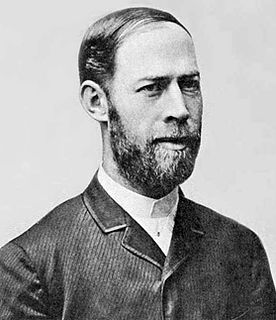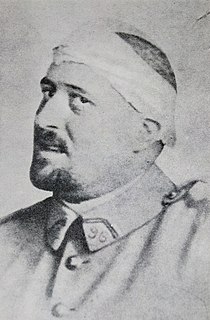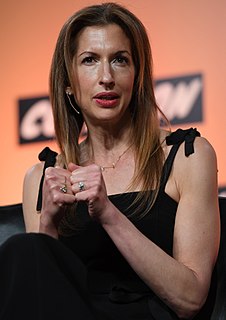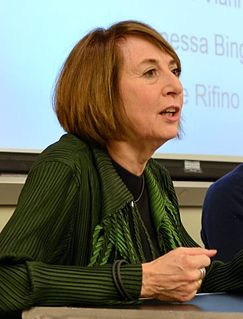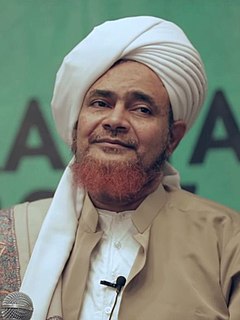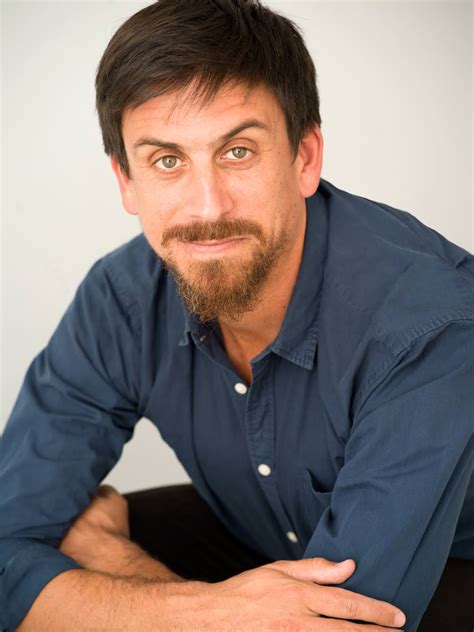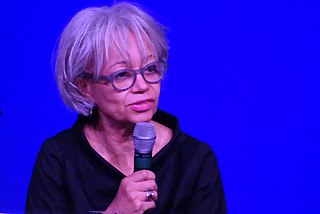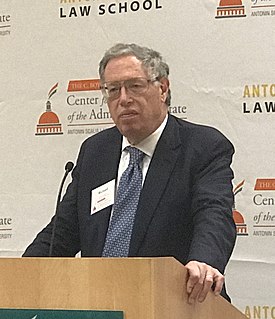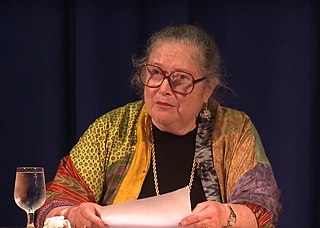A Quote by Gloria E. Anzaldúa
Living in a state of psychic unrest, in a Borderland, is what makes poets write and artists create.
Related Quotes
Working with artists and other poets has made me aware that there was a bigger "me" that I hadn't been quite aware of. Plus we had a good time. It's so much fun to write, for example, with a big brush on a giant piece of paper and to help create visually attractive and surprising objects, which is not what you normally do when you're writing a poem. It's wonderful to create these pieces with artists.
The only artists I have ever known who are personally delightful are bad artists. Good artists exist simply in what they make, and consequently are perfectly uninteresting in what they are. A great poet, a really great poet, is the most unpoetical of all creatures. But inferior poets are absolutely fascinating. The worse their rhymes are, the more picturesque they look. The mere fact of having published a book of second-rate sonnets makes a man quite irresistible. He lives the poetry that he cannot write. The others write the poetry that they dare not realize.
n artistic atmosphere does not create artists a literary atmosphere does not create literators; poets and painters spring up where there was never a verse made or a picture seen. This suggests that God is no more idle now than He was at the beginning, but that He is still and forever shaping the human chaos into the instruments and means of beauty.
I think the entrepreneurial activities that make art visible and attractive are what lure people into the amusement park that SoHo has become or that Bushwick or Williamsburg has become. It's not that outsiders come to an area because they hear artists are living there. A lot of people came who were not that interested in living with artists, but they were interested in living like artists and socializing the way that they thought artists socialized.
Outside our consciousness there lies the cold and alien world of actual things. Between the two stretches the narrow borderland of the senses. No communication between the two worlds is possible excepting across the narrow strip. For a proper understanding of ourselves and of the world, it is of the highest importance that this borderland should be thoroughly explored.
Without poets, without artists... everything would fall apart into chaos. There would be no more seasons, no more civilizations, no more thought, no more humanity, no more life even; and impotent darkness would reign forever. Poets and artists together determine the features of their age, and the future meekly conforms to their edit.
The anthology meets with two different kinds of reactions in living poets. They will either write toward the anthology or away from it. Anti-anthology poets often overreach themselves, inflicting protective distortions on their work - as parents in old Central Europe often deliberately maimed their sons to save them from compulsory military service.
I think the music reflects the state that the society is in. It doesn't suggest the state. I think the poets and musicians and artists are of the age - not only do they lead the age on, but they also reflect that age. [...] Like The Beatles. We came out of Liverpool and we reflected our background and we reflected our thoughts in what we sang, and that's all people are doing.
I went to Havana, and I was like, "Wow, there's culture everywhere!" That was one thing that I did notice when I went to Cuba was that artists are paid to be artists, and poets are paid to be poets, and musicians are paid to be musicians by the government. The government - and I'm not saying that the Cuban government's perfect - but the government does place a value on culture.
The Baathist state did two things extremely well. One was create information-gathering intelligence networks and a filing system. There's actually a lot of information on a lot of people and that is a major achievement of a police state. The second one is the promotion of literature and poetry, and the arts generally. So this is a state that's producing mass police archives - surveillance - and poetry. And in fact a lot of the archives are about what poets are writing or what they should be writing.








